Friday, January 5, 2018 (updated, Saturday, January 6, 2018) (Updated: January 10, 2018)
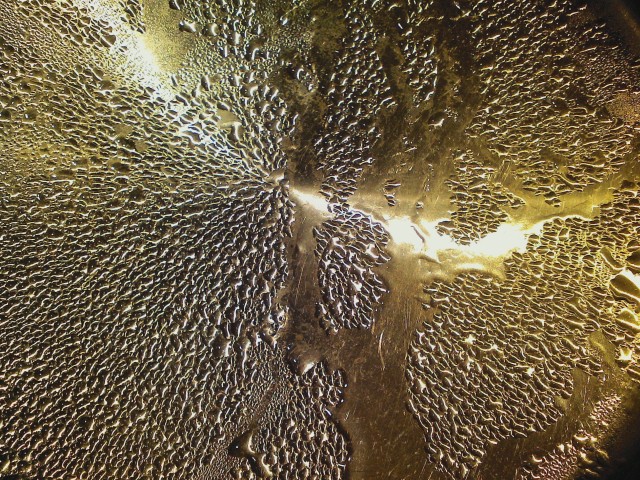
I recently took a look at some lists of poets and their books that were being recommended as worthy of my attention. Well, not just recommended, but in some cases configured in such a manner as to be made “mandatory.” Apparently, Louise Gluck and Jorie Graham each have their advocates as being the “greatest” American living poets. Given a choice of walking three blocks and hearing them read, and staying home to read one of the following books, I’ll be staying home.
I doubt very many people will be familiar with all these books, but I hope the ones you have read will encourage you to investigate the unknown titles. In fact, I also hope that the absence of some well-known poets will underline the contrast that the poets in this list provide to the fashion show of American poetry. The list will top itself off around 100 titles within the next two years.
And, I do have to confess (a week after first posting this) to having failed to offer a disclaimer. Unlike most people who engage in some form of cultural critique, I once was a publisher and editor of an independent press (Momentum Press 1974-1888). In the course of that work, I published the poetry of some of the writers listed below in either my magazine, in one of my anthologies, or as a chapbook or book. I believe that I can still be objective about ranking their work. On the other hand, if you use that excuse not to investigate at least some of the poets whose work you are unfamiliar with, I am not the only reader of contemporary poetry who will doubt your sincerity in making yourself more imaginatively literate.
I Am Flying into Myself: Selected Poems – by Bill Knott (edited by Thomas Lux) (Farrar, Strauss, Giroux, 2017) – NOTE: My choice for the best book of the year. All genres.
Imperfect Pastorals — Gail Wronsky What Books, 2017
Calligraphy / Typewriters: The Selected Poems of Larry Eigner, edited by Curtis Faville and Robert Grenier (University of Alabama Press, 2017)
So Where Are We? — Lawrence Joseph (FSG, 2017)
The Trumpiad — Cody Walker (Waywiser Press, 2017)
Waiting for the Light — Alicia Ostriker University of Pittsburgh Press, 2017
Enter Here — Alexis Rhone Fancher (KYSO Flash, 2017)
The Stars of Earth: New and Selected Poems — Emily Grosholz (Able Muse Press/Word Galaxy, 2017)
Whereas — Layli Longsoldier (Graywolf Press. 2017)
I Will Not Be A Butcher For The Wealthy — Anthony Seidman (Eyewear Publishing, 2017)
Moonglow á Go-Go: New and Selected Poems — Joan Jobe Smith (NYQ Books, 2017)
Quickening Fields – Pattiann Rogers (Penguin Books, 2017)
Star Journal — Christopher Buckley (University of Pittsburgh Press, 2017)
Thousand Star Hotel — Bao Phi (Coffeehouse Press. 2017)
The Darkening Trapeze — Larry Levis, edited by David St. John (Graywolf, 2016)
NOTE: One of the extraordinary collections of the decade. A must-read.
Psychosis in the Produce Department — Laurel Ann Bogen (Red Hen Press, 2016)
Olio – Tyehimba Jess (Wave, 2016)
Questions of Poetics: Language Writing and Consequences — Barrett Watten (University of Iowa Press, 2016)
(NOTE: This book should be read simultaneously with any book on this list that you choose to sit down or stretch out with.)
Squander – Elena Karina Byrne (Omnidawn, 2016)
Porridge — Richard Garcia (Press 53, 2016)
Night Sky with Exit Wounds – Ocean Vuong (Copper Canyon, 2016)
Last Train to the Missing Planet — Kim Dower (Red Hen Press, 2016)
Pacific Standard Time: New & Selected Poems — Kevin Opstedal (Brooklyn, NY: Ugly Duckling Presse; 2016)
Wide Road to the Edge of the World — Jack Grapes (Bombshelter Press, 2016; Second Edition, 2017)
The City Keeps: Selected and New Poems 1966-2014 — John Godfrey — 2016
Border Music — Paul Vangelisti (Talisman House, 2016)
The Age of Reasons: Uncollected Poems 1969-1982 — Ted Greenwald; edited by Miles Champion (Wesleyan University Press, 2016)
The Couple Who Fell to Earth — Michelle Bitting. (C&R Press, 2016).
Partly: New & Selected Poems 2001-2015 — Rae Armantrout (Wesleyan University Press, 2016)
Sober Cooking — Lynn McGee (Spuyen Duyvil Press, 2016)
The Missing Museum — Amy King (Tarpaulin Sky, 2016)
A Sleepless Man Sits Up in Bed — Anthony Seidman (Eyewear Publishing. 2016)
In the Empire of the Air: The Poems of Donald Britton — Donald Britton (Nightboat Books, 2016)
Ask Me about My Poetry — Julien Poirier (City Lights, 2016)
The Swimmer — John Koethe (FSG, 2016)
Antidote for Night — Marsha de la O (Boa Editions, 2015)
The Official Language of Yes — Scott Wannberg (Perceval Press, 2015)
What Snakes Want — Kita Shantiris (Mayapple Press, 2015)
Sea-Level Nerve (Book Two) (Prose Poems) — James Grabill (LeGrande, Oregon: Wordcraft, 2015)
The Yellow Door — Amy Uyematsu (Red Hen, 2015)
How to Be Drawn — Terrance Hayes (Penguin, 2015)
As Luck Would Have It — Mark Weiss (Shearsman Books, 2015)
The Empty Form Goes All the Way to Heaven — Brian Teare (Ahsahta Press, 2015)
Earth — Cecilia Woloch (Two Sylvias Press, 2015)
Scattered at Sea — Amy Gerstler (Penguin, 2015)
The Chronicles — Ramon Garcia (What Books, 2015)
All You Ask For Is Longing: New & Selected Poems — Sean Thomas Dougherty (Boa Editions, 2014)
Conraband of Hoopoe — Ewa Chrusciel (Omnidawn, 2014)
Against Conceptual Poetry — Ron Silliman (Counterpath Press, 2014)
Panic Cure: Poetry from Spain for the 21st Century Forrest Gander, Editor & Translator (Otis Books/ Seismicity Editions, 2014)
The Chair — Richard Garcia (Boa Editions, 2014)
The Other Odyssey – Richard Garcia (Dream Horse Press, 2014)
Messenger to the Stars: A Luis Omar Salinas (New Selected Poems & Reader), edited by Christopher Buckley and Jon Veinburg. (Tebot Bach, 2014)
Open 24 Hours — Suzanne Lummis (Lynx House Press, 2014)
Towards the Primeval Lightning Field — Will Alexander (Litmus Press, 2014)
Like a Beggar — Ellen Bass (Copper Canyon, 2014)
I Want a Job — Carol Ellis (Finishing Line Press, 2014)
Ice Children — Edward Harkness (Split Lip Press, 2014)
The Magicians Union — James Cushing (Cahuenga Press, 2014)
Revising the Storm — Geffrey Davis (Boa Editions, 2014)
Patter — Douglas Kearney (Red Hen Press, 2014)
Oh, Salt/Oh Desiring Hand — Holly Prado (Cahuenga Press, 2013)
Lightning Dialogues — Michael Kincaid (Nemesis, 2013)
Imaginary Burdens: Selected Poems — Michael Hannon (Word Temple Press, 2013)
Our Obsidian Tongues — David Shook (Eyewear Publishing; 2013).
A Wild Surmise: New & Selected Poems & Recordinss — Eloise Klein Healy (Red Hen Press, 2013)
Bleed Through: New and Selected Poems — Michael Davidson (Coffeehouse, 2013)
Varieties of Religious Experience — Christopher Buckley (Stephen F. Austin State University Press, 2013)
The Story of My Accident Is Ours — Rachel Levitsky (Futurepoem Books, 2013)
Urban Tumbleweed: Notes from a Tanka Diary — Harryette Mullen Greywolf Press, 2013.
Deep Meanings: Selected Poems 2008-2013 — Gerald Locklin (Presa Press, 2013)
Plume — Kathleen Flenniken (University of Washington Press, 2013)
Even So: New and Selected Poems — Gary Young (White Pine, 2012)
Collected Poems — Ron Padgett (Coffeehouse, 2013)
Revelator — Ron Silliman (BookThug, 2013)
Spectrum of Possible Deaths — Lucia Perillo (Copper Canyon, 2013)
This Constellation Is a Name: Collected Poems 1965-2010 — Michael Heller (Nightboat Books, 2012)
Life on Mars — Tracy K. Smith (Greywolf Press, 2012)
(NOTE: This book was translated and published, in its entirety, in Mexico.)
Thrall — Natasha Trethewey (Houghton Mifflin, 2012)
The Naked Eye: New and Selected poems, 1987-2012 — Jack Grapes (Bombshelter Press, 2012)
Gaze — Christopher Howell (Milkweed Editions, 2012)
Olives — A.E. Stallings (Triquarterly, 2012)
Walking Across a Field We Are Focused on at This Time Now — Sara Wintz (ugly duckling press (2012)
notes from irrelevance — Anselm Kerrigan (Wave, 2011)
Music for the Black Room – Sarah Maclay (What Books, 2011)
Invisible Strings — James Moore (Graywolf, 2011)
Of Indigo and Saffron: New and Selected Poems — Michael McClure (edited, and with an introduction by Leslie Scalapino) (University of California Press, 2011)
THE GRAND PIANO: An Experiment in Collective Autobiography (Parts 1 – 10) — Rae Armantrout; Steve Benson; Carla Harryman; Lyn Hejinian; Tom Mandel; Ted Pearson; Bob Perelman; Kit Robinson; Ron Silliman; Barrett Watten (Mode A/This Press, 2010)
NOTE: I can’t think of a better way to “end” this list than with a ten-book volume project that was primarily written in the final years of the previous decade. The first book in the serial publication of The Grant Piano appeared in November, 2006; and the final installment was published in 2010. As with Watten’s book listed elsewhere in this provisional sketch of Current American poetry, The Grand Piano provides a context of exuberant causerie for anything else that might be picked up.
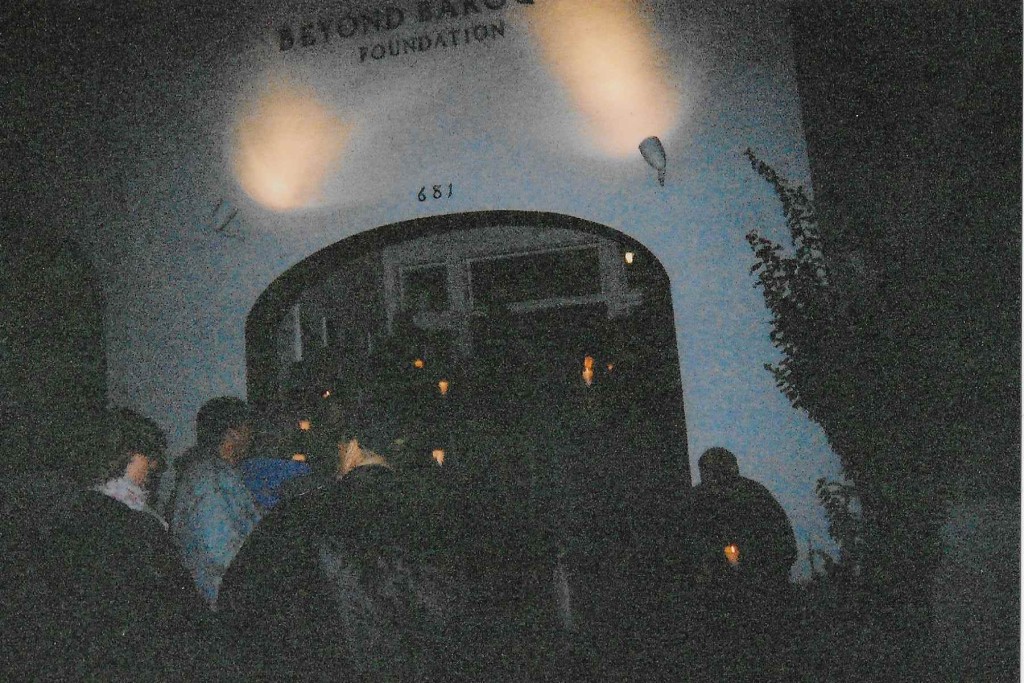
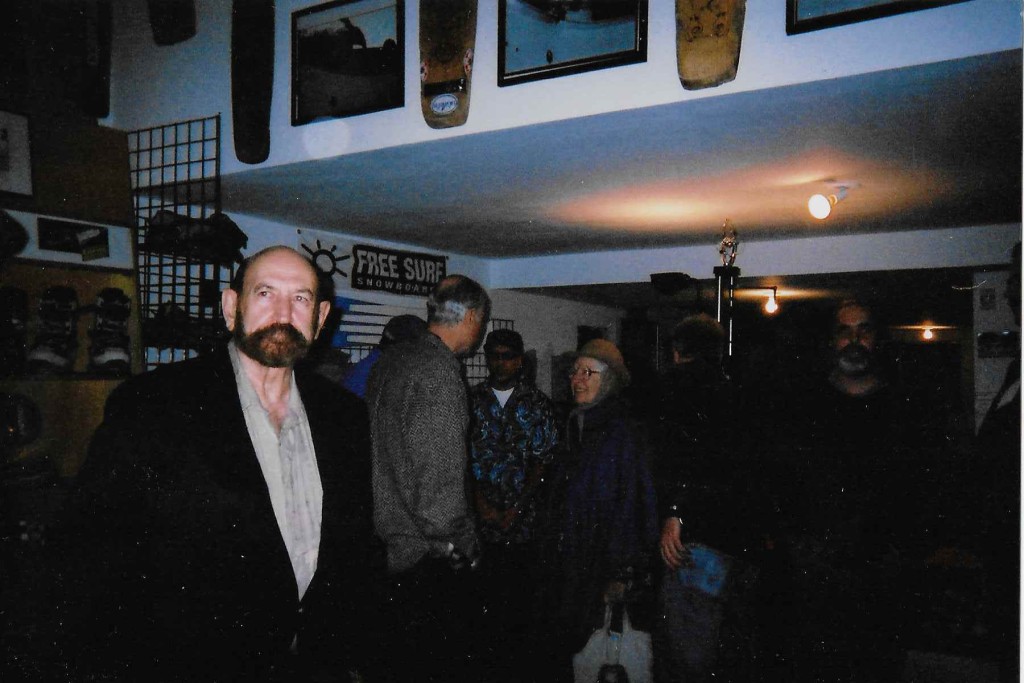
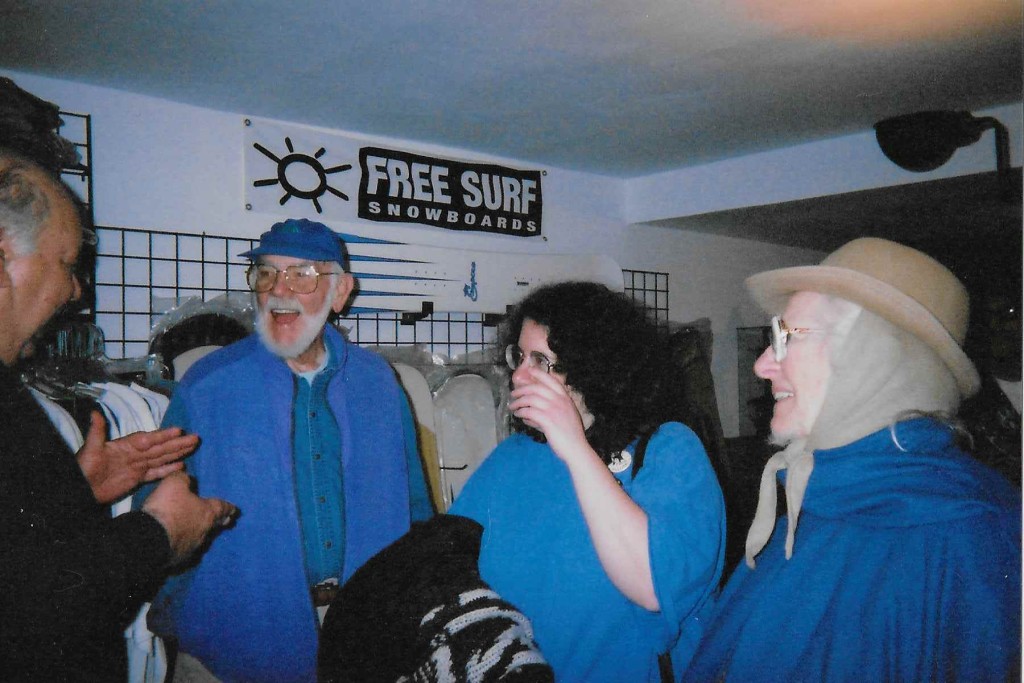
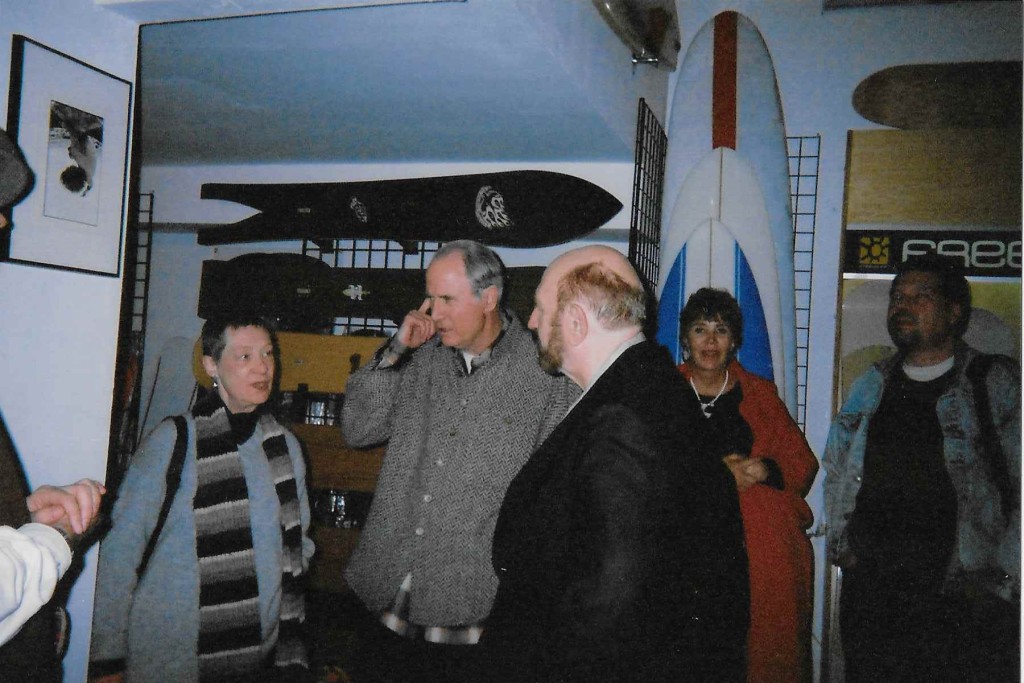
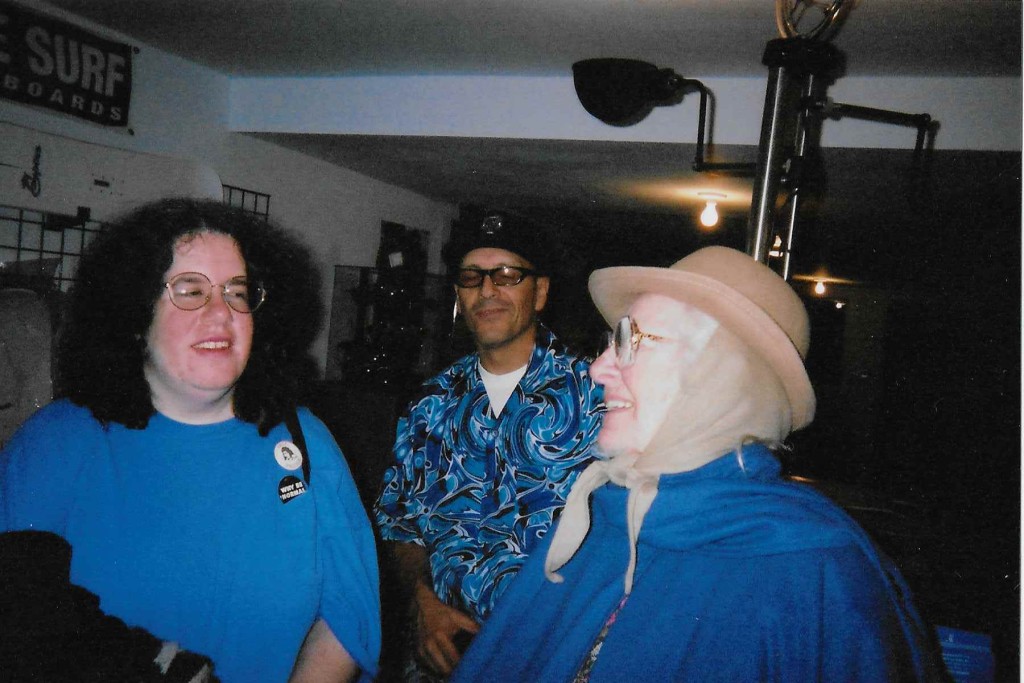
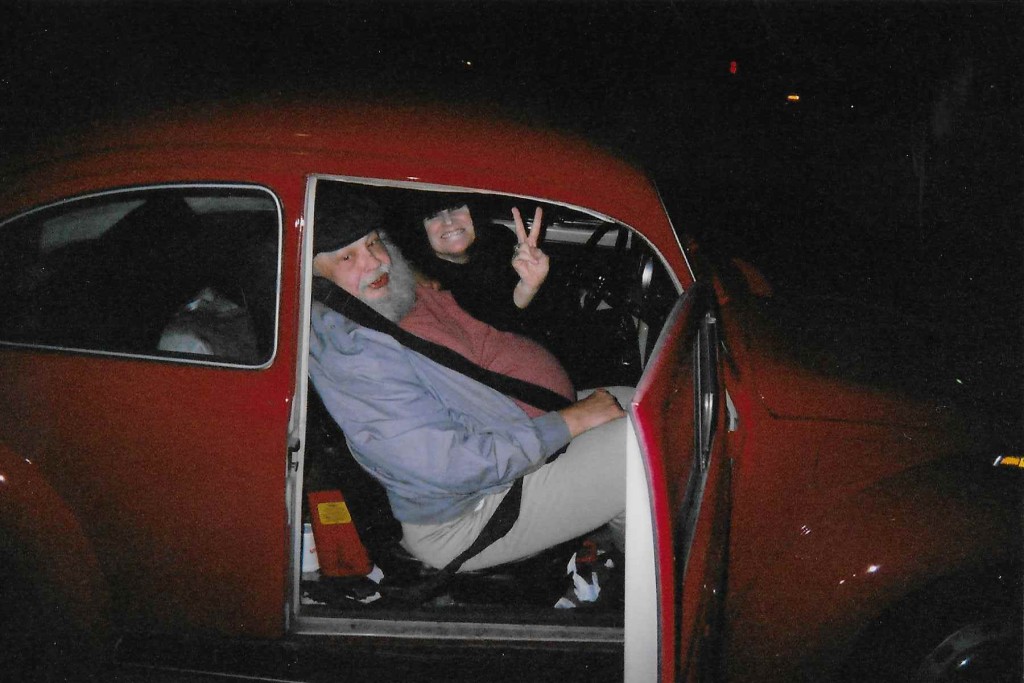
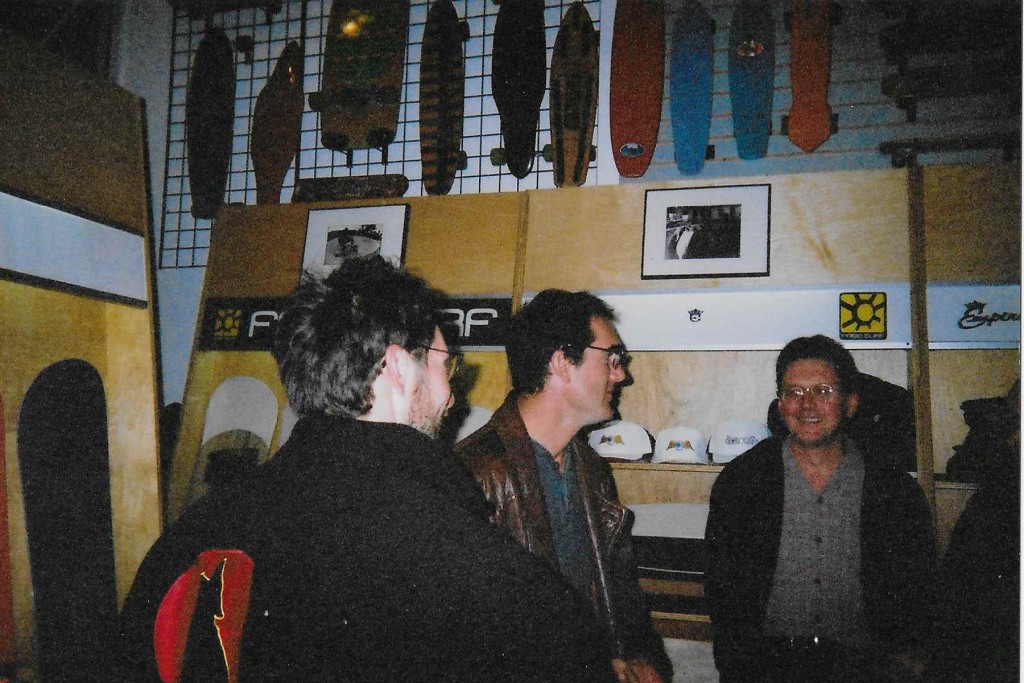
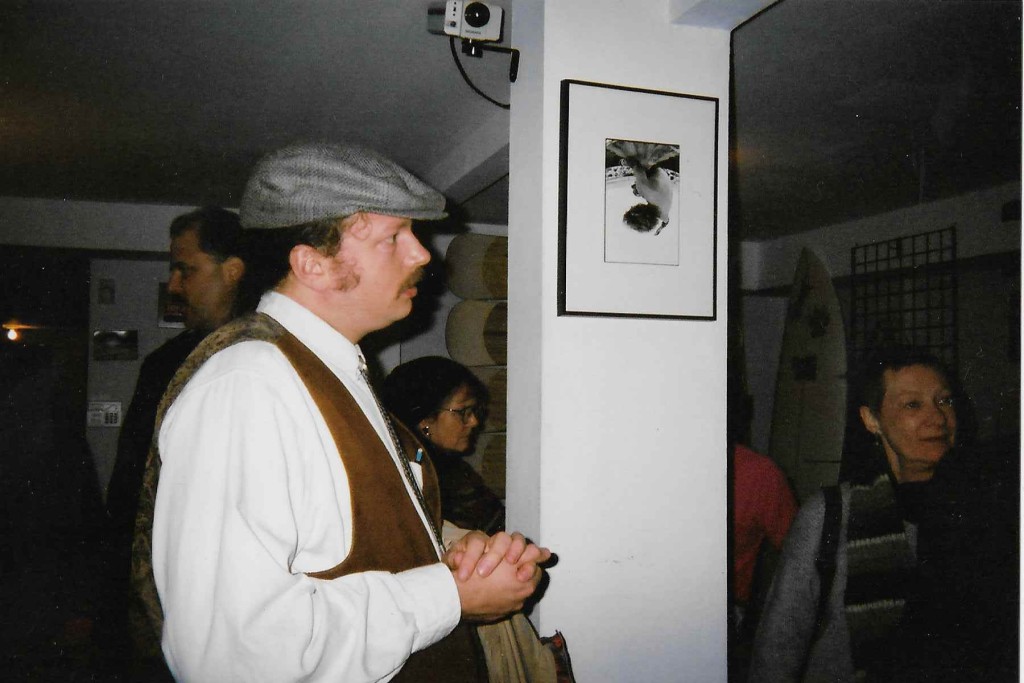
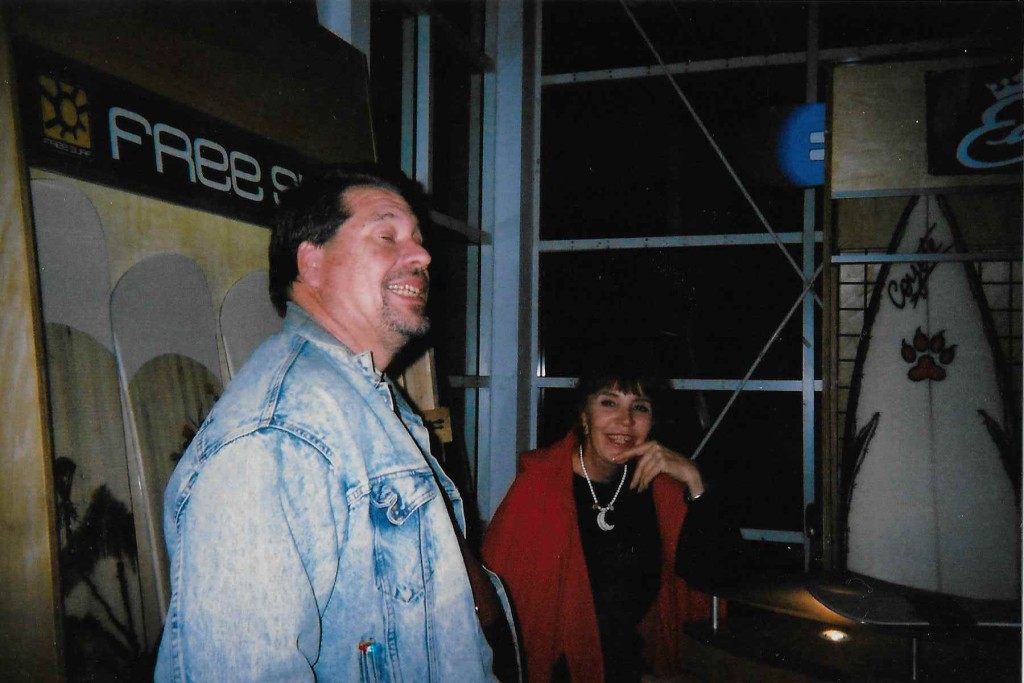
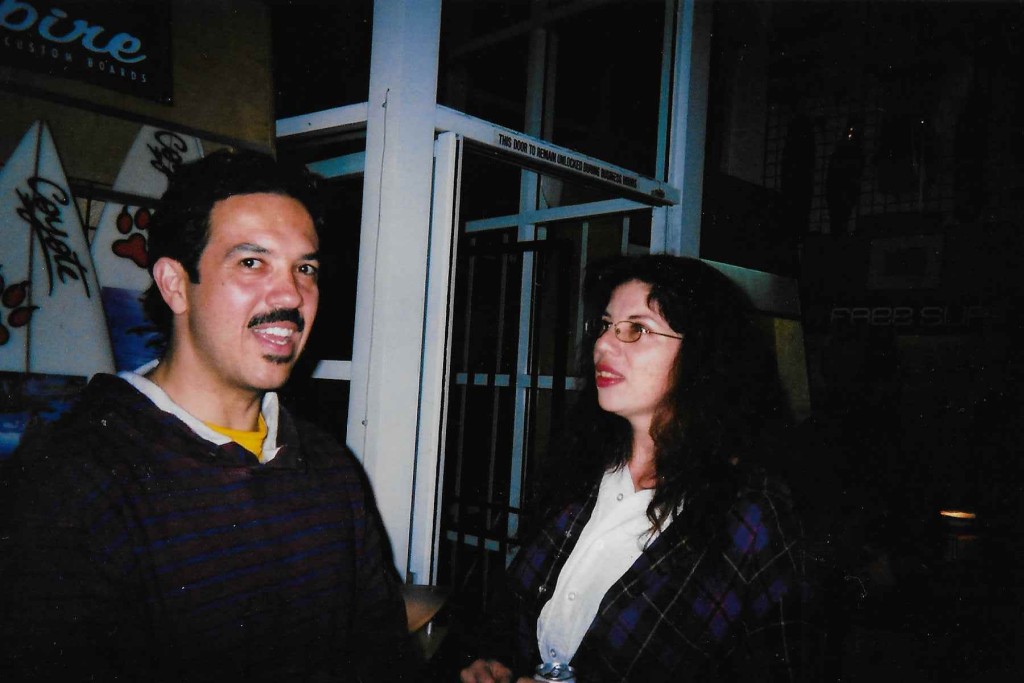



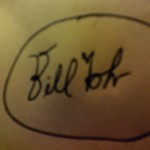

 About Bill Mohr
About Bill Mohr